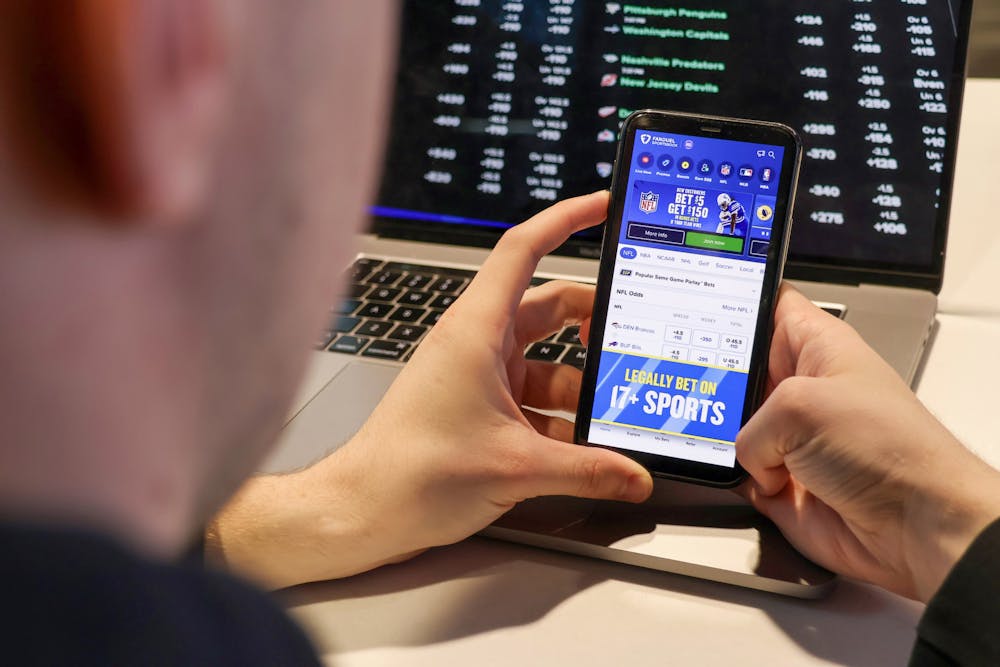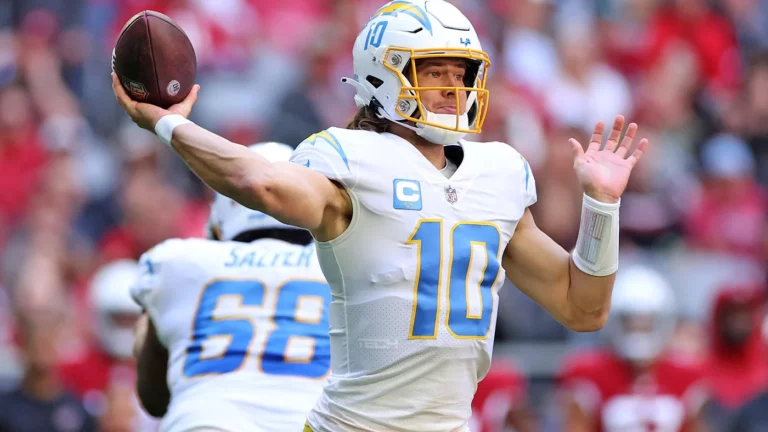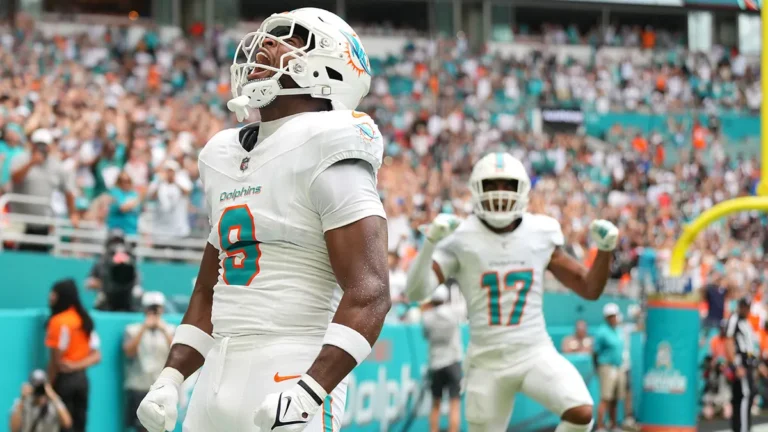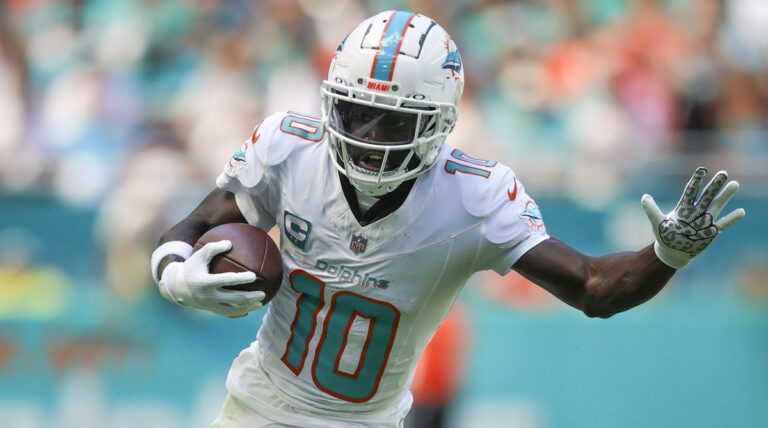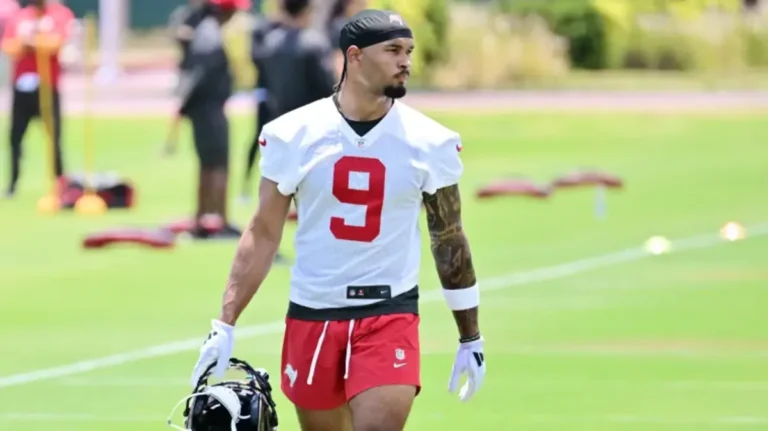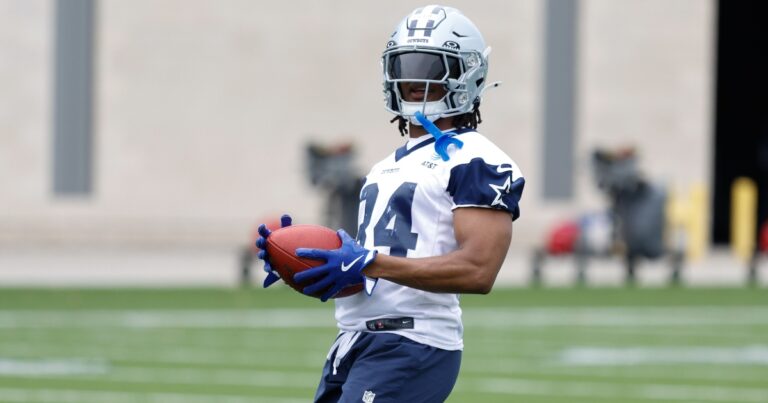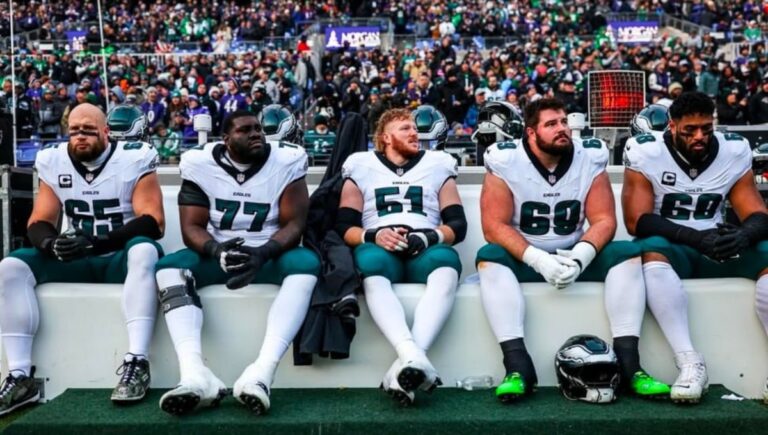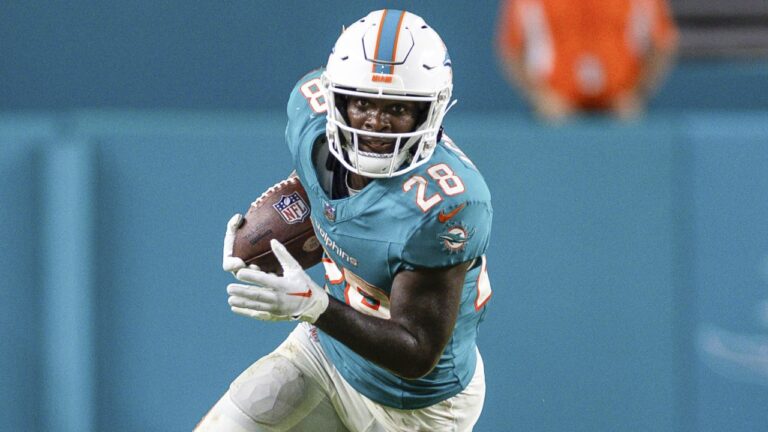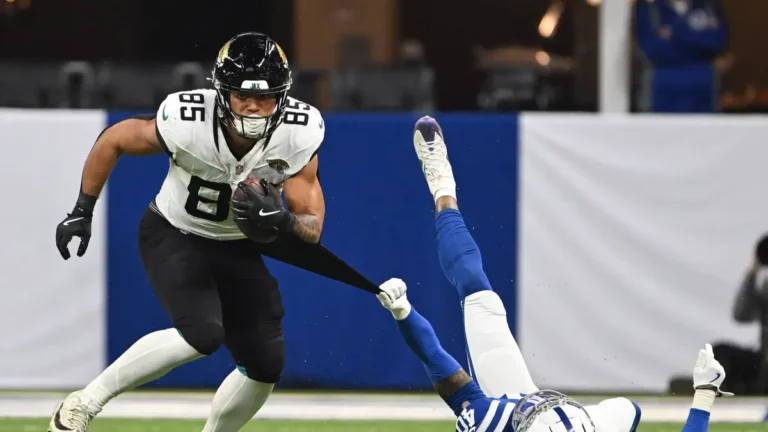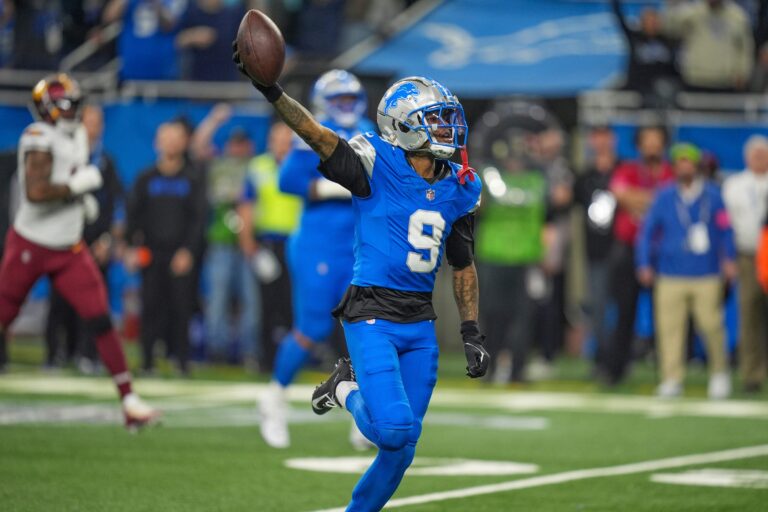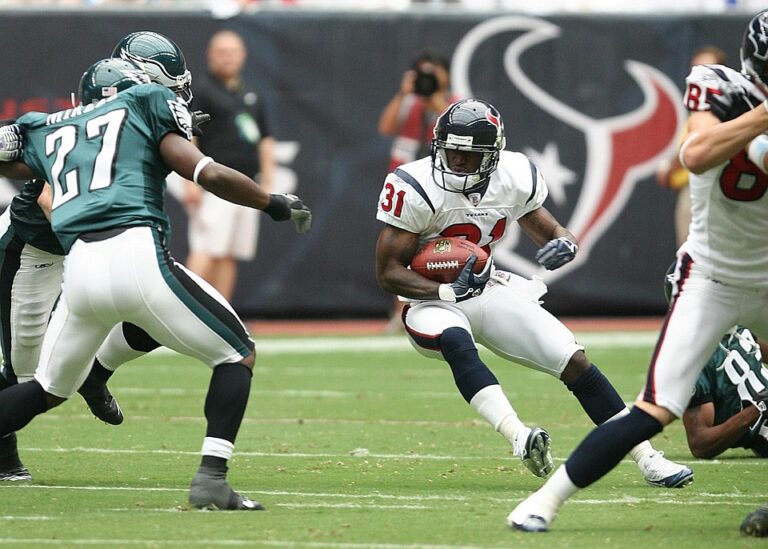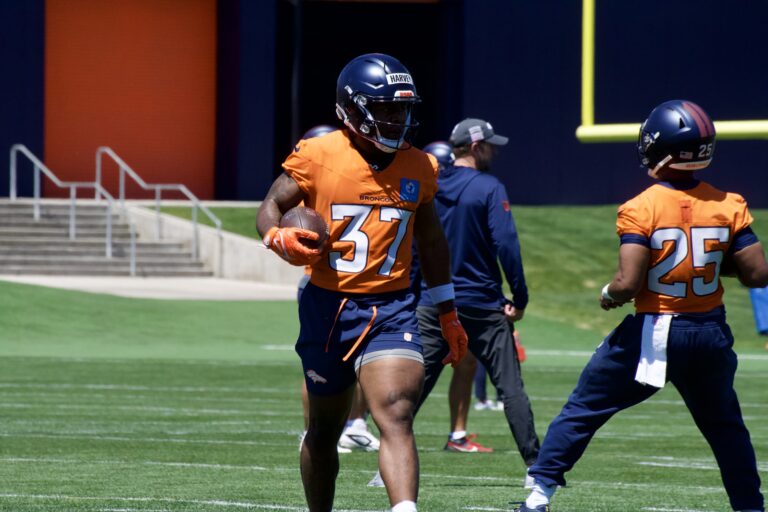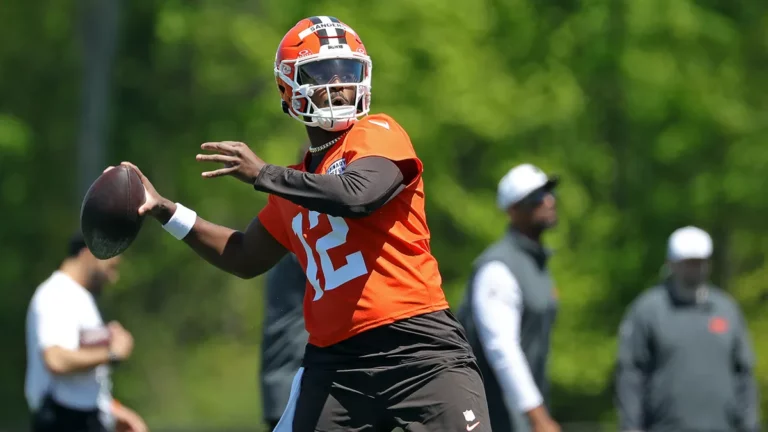Sportsbooks routinely spend massive sums of cash to win over bettors. The industry’s leading operators, like FanDuel, Caesars, and DraftKings, have marketing budgets ranging from $50 to $200 million each year. In 2022 alone, up to $1.8 billion was projected to promote gambling products online, with a large slice dedicated to sports betting. Television ads still dominate, but spending has shifted toward streaming, display, and social media platforms. This targeted approach allows sportsbooks to offer tailored promotions such as odds boosts, free bets, and deposit match bonuses.
To capitalize on peak gambling activity, these marketing efforts intensify during national sporting events, such as college football bowls, the NFL season, and March Madness. Gambling companies are also building partnerships with media outlets to position their brands directly in front of viewers. Retargeting campaigns often follow potential customers across platforms, keeping their brands top-of-mind. States with new or expanding gambling markets, including Ohio and Massachusetts, often see sportsbooks launch aggressive promo offers to stand out. The competition forces operators to offer even better deals—especially in markets where multiple sportsbooks compete for user attention.
Promotional Offers Built for Conversion
Promotions have become an essential customer acquisition tool. Deposit matches, risk-free bets, and profit boosts are common tactics aimed at both casual and seasoned bettors. Sportsbooks also use promo codes to make these offers appear more exclusive or time-sensitive, encouraging users to act quickly. Bonuses like FanDuel’s “Bet $5, Get $150 in Bonus Bets” or ESPN BET’s “First Bet Reset” drive higher conversion rates during initial signups.
For sportsbooks, promo codes serve as a tracking mechanism for user acquisition metrics, enabling them to refine future campaigns. Personalized offers based on user behavior and betting patterns have gained traction, enhancing the relevance of these promotions. Additionally, collaborations with influencers and sports personalities amplify the appeal of these offers, creating a stronger connection with target audiences.
Maximizing Value Through Signup Offers and Bonuses
Sportsbooks are constantly racing to grab attention, often using promotions like deposit matches, risk-free bets, and referral bonuses. For new bettors, these deals can seem appealing but require scrutiny. Sportsbook promo codes frequently unlock these offers, allowing users to take advantage of bonuses like a percentage deposit match or free bets for a qualifying wager. However, not all codes provide equal value, as terms and conditions often determine what can actually be withdrawn.
Savvy bettors often sign up for multiple sportsbooks to compare promotions side by side, including codes for reload bonuses or odds boosts. By analyzing the fine print—specifically the wagering requirements and restrictions—players can strategically decide how to distribute their bets and maximize the perks tied to promo codes. Understanding factors like expiration dates and eligibility criteria is essential for making informed decisions and extracting maximum value from promotions.
The terms can also dictate refund structures. For example, some no-sweat bets return bonus funds instead of real cash if the initial wager loses. Knowing this difference beforehand lets users assess whether an offer truly aligns with their betting strategy. By carefully comparing offers and understanding how they align with personal betting habits, players can optimize their use of promo codes.
Retention Over Acquisition
While user onboarding garners much attention, sportsbooks face increasing pressure to keep bettors engaged. Existing user promotions, like reload bonuses or loyalty rewards, are part of the shift toward customer retention. Programs frequently reward regular bettors with points that can be redeemed for perks such as additional bet credits or access to exclusive offers. Regular campaigns like Daily Odds Boosts promote ongoing betting activity, while referral programs leverage current users to onboard new signups. Some sportsbooks tie cashback offers or refunds to promotions tied to high-stakes events.
Additionally, gamification elements are becoming more prevalent in retention strategies. Features like leaderboards, badges, and achievement-based rewards encourage users to remain active and engaged. By offering dynamic rewards that evolve based on user participation, sportsbooks create a sense of progression and loyalty, keeping players returning to the platform.
Sportsbooks are also turning to personalized marketing to retain their user base. By analyzing individual betting histories and preferences, operators can offer tailored promotions that feel more relevant and valuable to users. This data-driven approach ensures players feel rewarded for their activity, reducing churn and building long-term loyalty.
The Future of Sportsbook Promotions
As the competition intensifies, sportsbooks are continually innovating their promotional strategies. With the rise of AI and machine learning, platforms can predict user preferences more accurately and deliver hyper-personalized offers. This technology is expected to play a critical role in refining promo code effectiveness, allowing operators to deliver promotions that resonate deeply with users.
Furthermore, as gambling regulations evolve, operators will likely shift toward more transparent and responsible marketing practices. Stricter guidelines may reduce misleading offers and encourage platforms to emphasize fair terms and conditions, ultimately benefiting bettors. Gamification and interactive features will likely play a larger role in both acquisition and retention strategies, enhancing the overall betting experience.
Conclusion
Sportsbooks’ use of promo codes has become a cornerstone of their marketing strategies, enabling them to attract and retain users in an increasingly competitive market. By offering promotions like deposit matches, risk-free bets, and loyalty rewards, sportsbooks cater to both new and seasoned bettors. However, bettors must approach these offers strategically, analyzing terms and conditions to maximize their value.
As the industry continues to evolve, advancements in technology and shifts in regulatory frameworks will shape how sportsbooks deploy promo codes and other marketing tactics. By focusing on personalization, transparency, and innovative engagement strategies, operators can build lasting relationships with their users while maintaining a competitive edge. For bettors, understanding these promotions and aligning them with their betting strategies will remain key to maximizing their experience in the dynamic world of sports betting.
